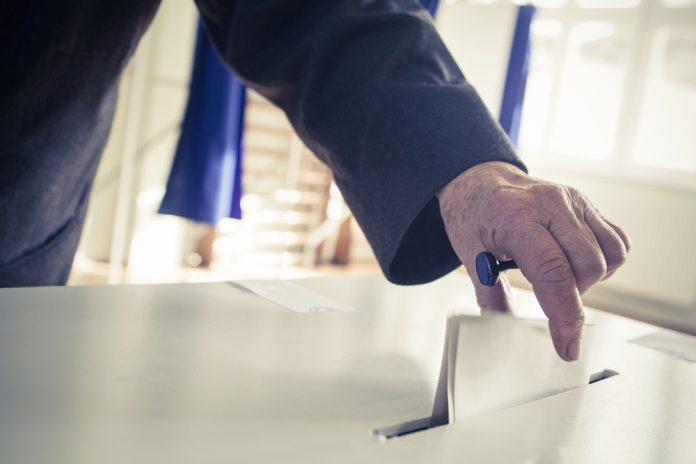With the upcoming US election set for November 8 and political campaigning in full swing, it is worth considering the election process in the US and the impact a handful of large corporations have on American politics.
Since 2010, the Supreme Court ruled in favour of allowing unlimited campaign contributions by corporations and unions. This has led to millions of pounds from America’s richest corporations being pumped into different political parties. If this is the case; how much does democracy represent the interest of the US population and how much do political parties exist to serve corporate interests?
Lets take a look at the 2016 election campaign. Whilst Democrat Bernie Sanders called for an end to big money in politics, Hilary Clinton has taken full advantage of the 2010 law – raising a total over $130,400,000 (£91,700,000) due to her close ties with big banks and law firms. Donald Trump has been less successful in fundraising, with donations totalling $25,500,000 (£18,000,000), and has largely relied on his own wealth to fund most of his campaign.
The consequences of private donations within the election process have been obvious in the past. For example, in the 2000 US elections George Bush and his Republican party took advantages of donations worth $137 million. After Bush was elected, among the first changes to US law made were those benefitting several of the larger corporations who funded the campaign, including the abandonment of his pledge to impose legal limits of carbon dioxide emissions – which would have made business difficult for large corporations.
Political funding has proved to be very influential in American politics, with statistics showing that the candidate with the most money wins 91 percent of the time. This is not just the case within the US, but also in the UK; in the 2015 General Election the Conservative party received almost £29 million worth of donations, whilst the Green Party only received £600,000.
With so much money going into politics, it is undeniable that politicians are beholden to their donors as well as the general population. Former President Jimmy Carter recently said this on the matter:
“Unlimited money in politics violates the essence of what made America a great country in its political system. Now, it’s just an oligarchy, with unlimited political bribery being the essence of getting the nominations for president or to elect the president. And the same thing applies to governors and U.S. Senators and congress members. So now we’ve just seen a complete subversion of our political system as a payoff to major contributors, who want and expect and sometimes get favours for themselves after the election’s over.”
The amount of power these corporations hold over ruling governments is far stronger than initially thought. This was highlighted by researchers at Princeton University, who explored the amount of political power bought by American corporations. They concluded that “the preferences of the average American appear to only have a miniscule, near zero, statisticallу non-significant impact upon public policy”.
Whilst this was the case for 90 percent of the population, the elite 10 percent had a much higher influence on political decisions due to donations.
The potential for corruption within presidential campaigning has been recognised by a growing number of countries, including Brazil whose supreme court banned corporate donations to election campaigns in September 2015. This was an attempt to clean up Brazilian governance following a large investigation into corruption and bribes between the government and Petrobras, the state-oil company.
A Brazilian judge said this on the matter:
“The influence of economic power has ended up transforming the electoral process into a rigged political game, a despicable pantomime which makes the voter a puppet, simultaneously undermining citizenship, democracy and popular sovereignty.”

